OU News
News from The Open University
- Home
- Category: Science, maths, computing and technology
Category: Science, maths, computing and technology

OU research informs prominent IT gender report in India
Open University researchers have co-produced the latest edition of a high-profile report on the state of the IT industry in India and female participation in particular. The OU’s researchers produced the spring edition of the 2017 Women in IT Scorecard-India with the support of India’s leading IT trade association, NASSCOM. This aims to improve understanding of the make-up […]
Read more about OU research informs prominent IT gender report in India
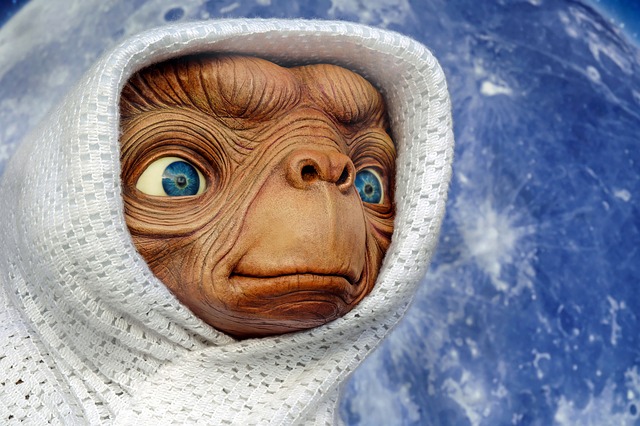
Solar system with seven Earth-like planets found around nearby star – here’s what they could be like
There have been many discoveries of potentially habitable planets orbiting stars other than our own over the last few years. Now things are getting even more exciting. Scientists have documented a star surrounded by no fewer than seven Earth-like planets – several or all of which could be at the right temperature for liquid water, […]
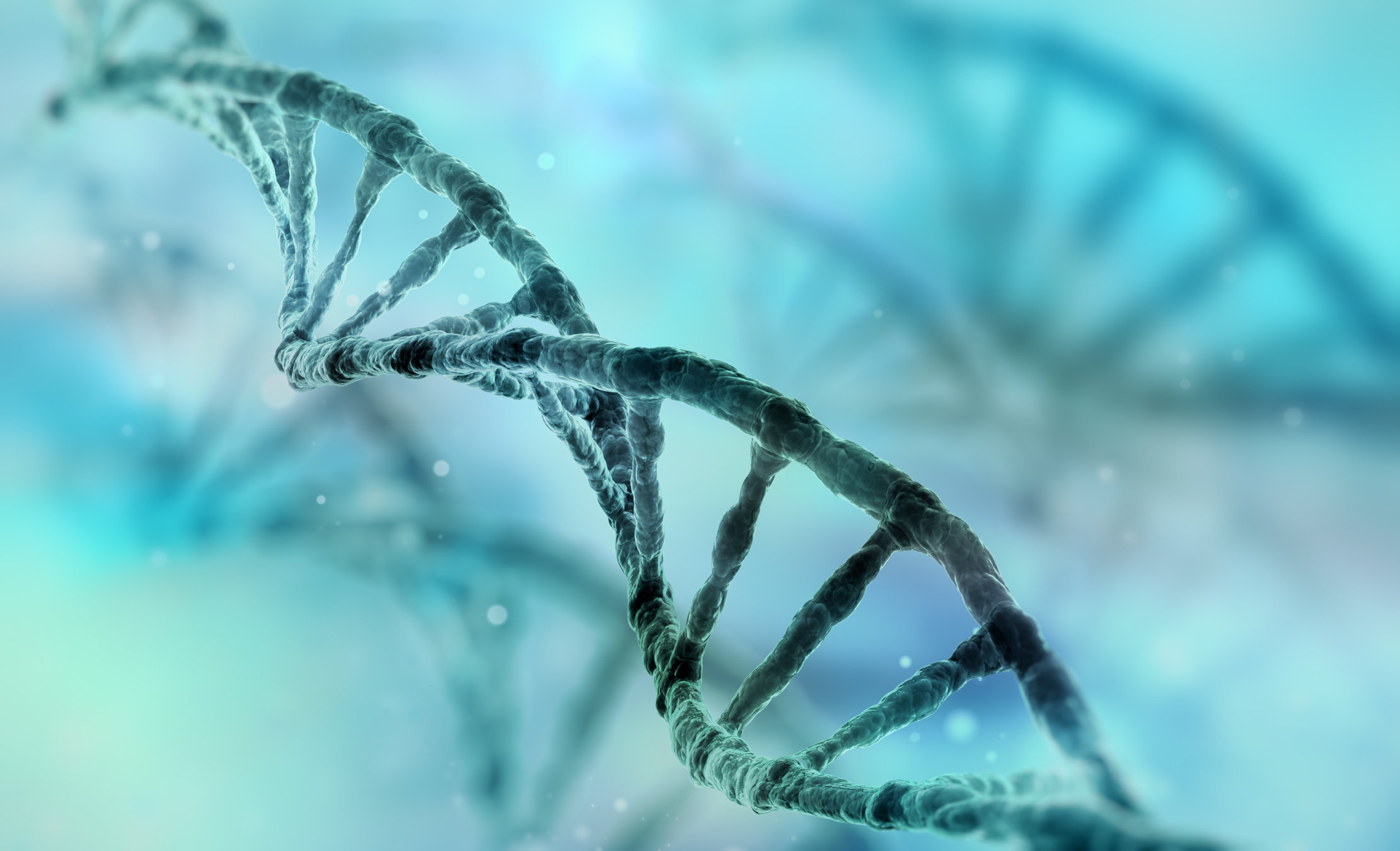
Organic molecules found on giant asteroid Ceres – why that’s such a huge deal
Sometimes, I think scientists are just that little bit too modest. A new paper in Science has a humdinger of a title: “Localized aliphatic organic material on the surface of Ceres”. It doesn’t exactly trip off the tongue and may not even seem that important. But what the researchers have discovered is a huge deal. […]
Read more about Organic molecules found on giant asteroid Ceres – why that’s such a huge deal
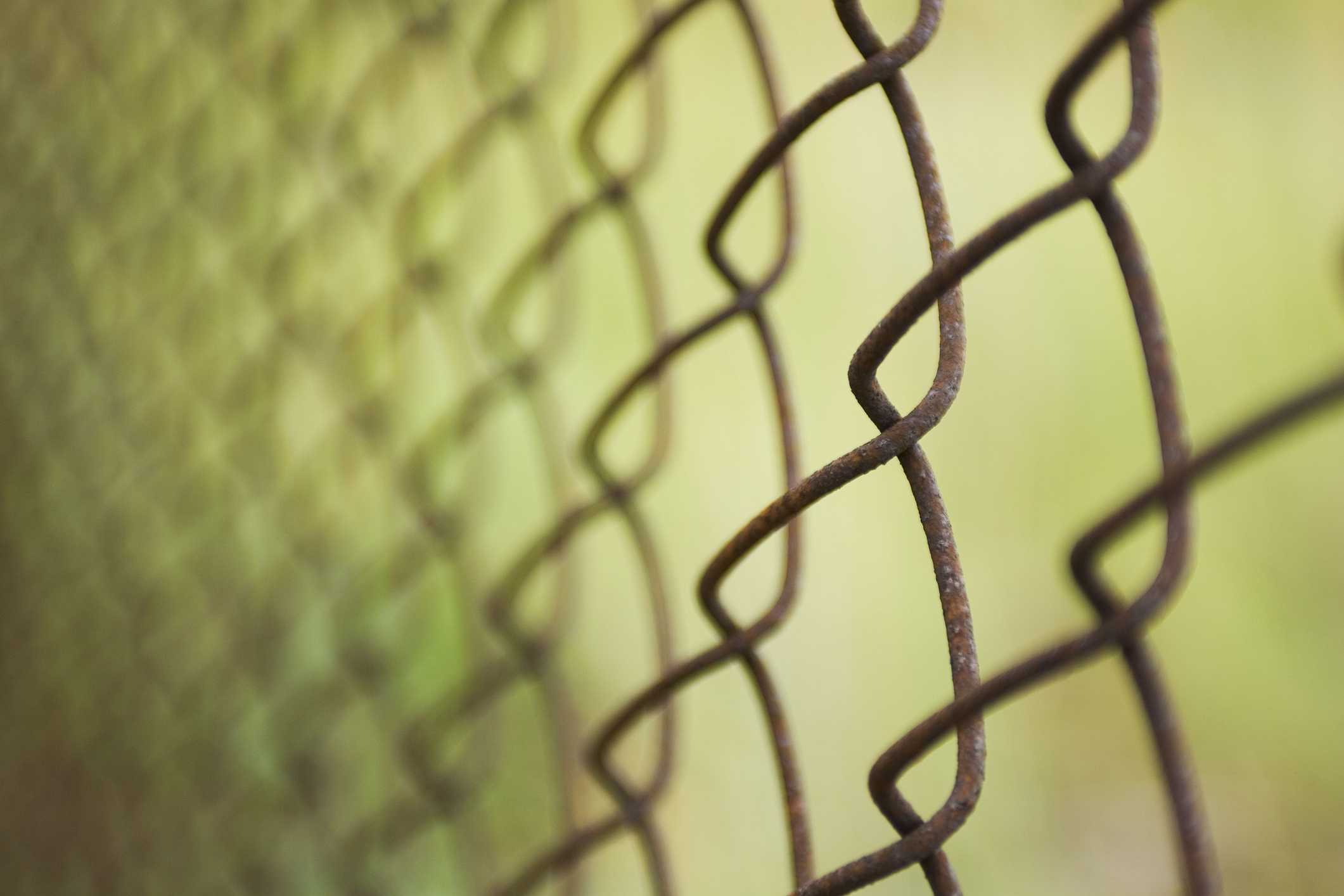
The environmental costs of Trump’s wall
It looks like Donald Trump’s “great, great wall” is actually going to happen. Its likely impact on human society has been well-noted, but in the longer-term a barrier across an entire continent will also have severe ecological consequences. The US-Mexico border is around 1,900 miles (3,100 km) long and some of it has already been […]
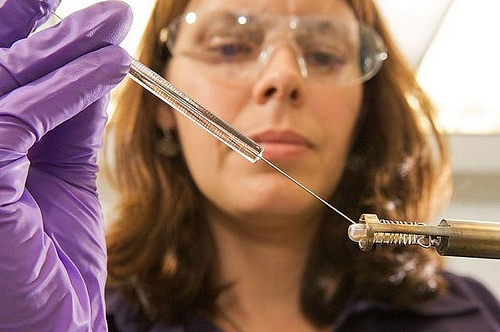
OU celebrates impact of women in science
Nations throughout the world will be celebrating International Day of Women and Girls in Science 2017 tomorrow (11 February 2017). Established by the United Nations (UN) in 2016, the occasion celebrates women and girls in science, and aims to eliminate gender inequality in academia, education, and industry. In honour of this, we are celebrating the achievements […]

Privacy perspectives: dos, don’ts, and to-dos
Every time you sign up for a new website, share your latest run with your friends, or scan your loyalty card at a supermarket, you leave a record of your activity which is permanent, attached to your identity, and increasingly linked with other information to build a more complete picture of who you are and […]
Read more about Privacy perspectives: dos, don’ts, and to-dos
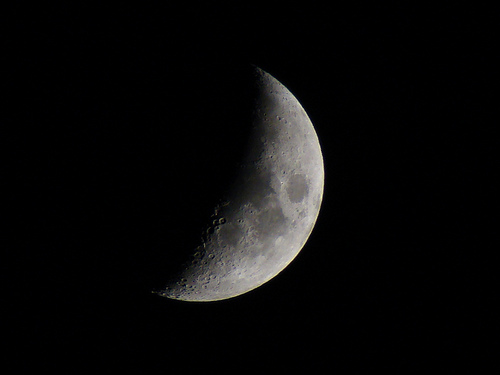
How old is our moon
Most scientists agree that the Earth has pretty much always had its moon. Details of the moon’s composition (in particular the “isotopic mixture” of heavier and lighter versions of various elements) are too similar to the Earth’s for it to have been captured from somewhere remote. However, some compositional details differ enough to rule out […]
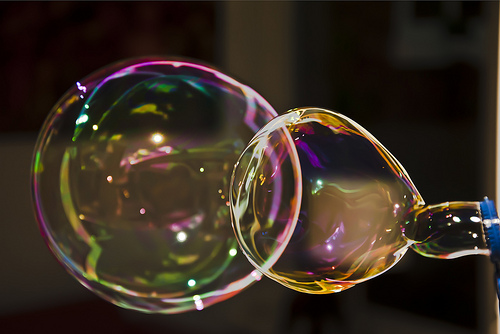
Why the solution to ‘fake news’ is education, not technology
This opinion article has been published by Senior Lecturer in Applied Linguistics at The Open University, Philip Seargeant Since the Trump victory, and the Brexit result before that, the issue of ‘fake news’ has barely been out of the real news. Social media companies, such as Facebook, have been criticised for their role in […]
Read more about Why the solution to ‘fake news’ is education, not technology

OU research to STRETCH the boundaries of supported homecare for older adults
Researchers at the OU have launched a million-pound research programme that will redefine homecare for older adults recovering from hospital treatment. STRETCH (Socio-Technical Resilience for Enhancing Targeted Community Healthcare) aims to coordinate ‘circles’ of support for older adults. These include carers and medical professionals, relatives and neighbours, and the voluntary sector, and would be co-ordinated […]
Read more about OU research to STRETCH the boundaries of supported homecare for older adults
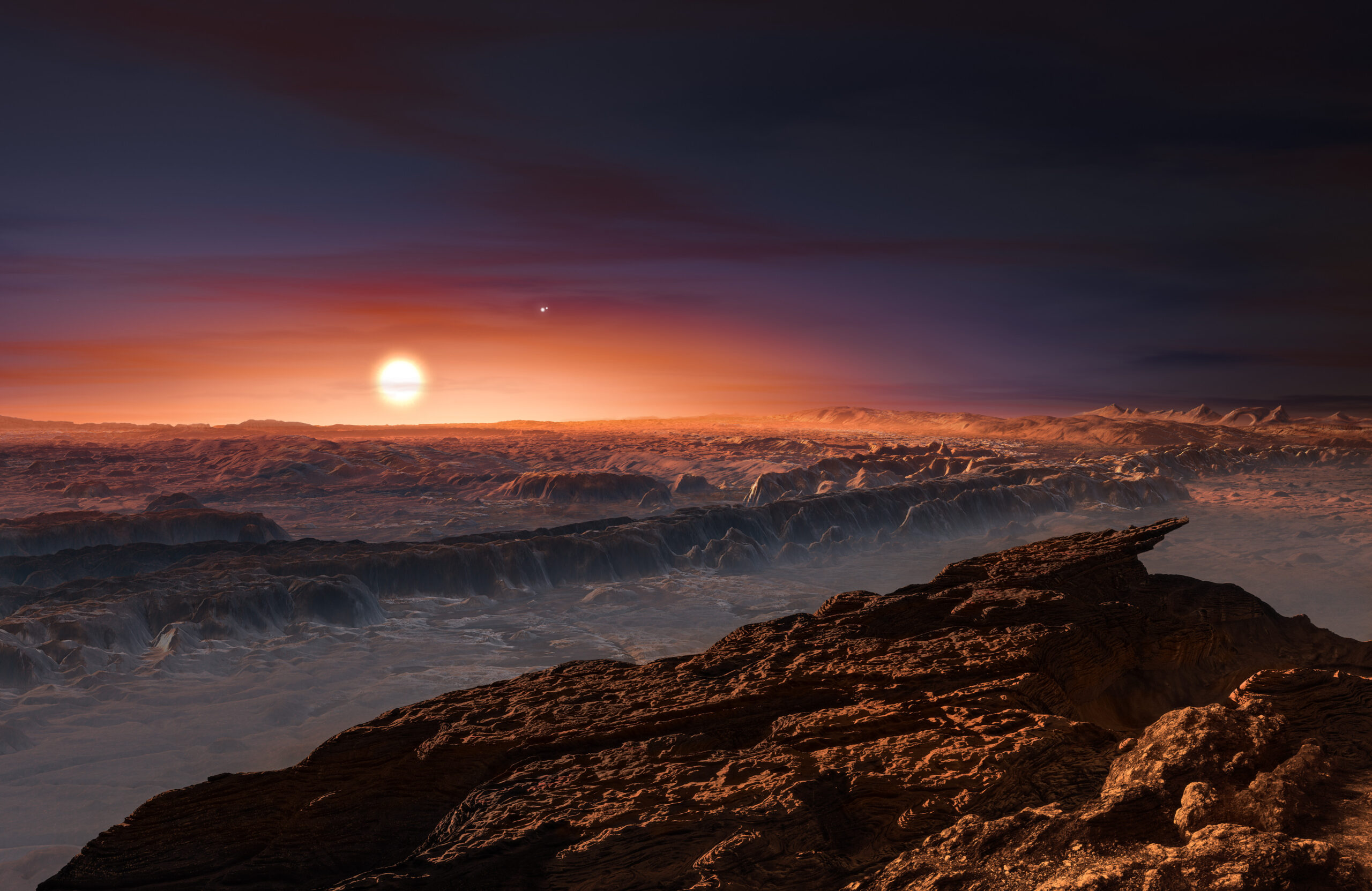
Astronomy research from the OU among Physics World 2016 top breakthroughs
The discovery of a planet orbiting our nearest star, Proxima Centauri, has been highly commended among Physics World 2016 top 10 breakthroughs. As part of an international team of astronomers, Postdoctoral Researcher at The Open University, Dr John Barnes, was instrumental in establishing that the observed ‘wobble’ of Proxima Centauri was caused by a nearby […]
Read more about Astronomy research from the OU among Physics World 2016 top breakthroughs
Page 51 of 59